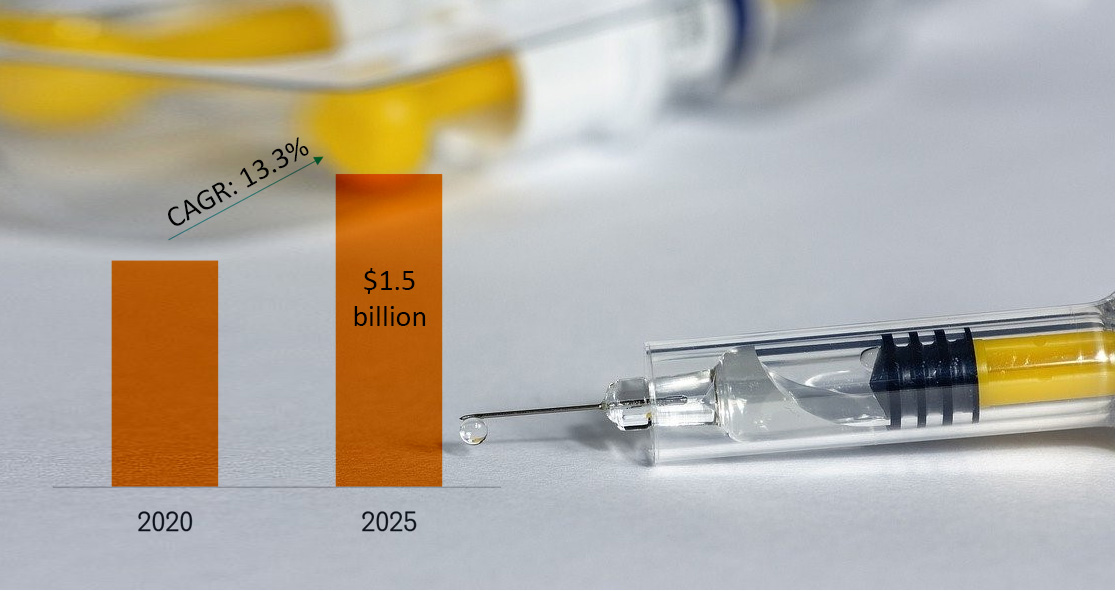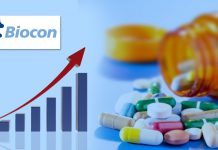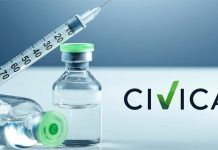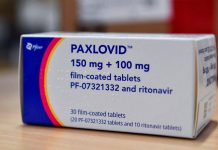The Global Generic Injectables Market is expected to expand impressively at a compound annual growth rate (CAGR) of 13.3% during the forecast period 2020 to 2025, according to Open PR.
Worldwide, governments have been encouraging the distribution and development of generic drugs and biosimilars to make them available to a larger population, which could save money.
The development of a brand-name drug takes a lot of time and money. And developing a generic drug is an inexpensive process.
The Global Generic Injectables Market report is now available on FactMR, a market research and consulting agency.
The industry is expected to reach a value of $1.5 billion by 2025.
Expiry of branded injectable molecules patents, R&D of large molecule generic injectables, and a strong pipeline of generic products are also anticipated to boost the industry. However, one hindrance that could affect the market is the supply-chain disruptions due to restricted air and water transport.
The report gives valuable information on how the market will grow. It also offers key insights into crucial trends that determine the growth of the market.
The Global Generic Injectables Market includes key players such as Pfizer, Novartis AG (Sandoz International GmbH), Baxter, Fresenius SE & Co., KGaA, Mylan, Teva, Hikma Pharmaceuticals, Lupin, Sanofi, and Biocon.
Furthermore, the report sheds light on the market’s vital dynamics, such as the key player, opportunities, trends, and forecast.
The product segmentation includes large and small molecule injectables, mAb, insulin, among others. As far as the application is concerned, the market is divided into oncology, infectious diseases, cardiology, diabetes, immunology, and others.
The report also offers a comprehensive analysis of diverse features such as production capacities, demand, product developments, revenue generation, and sales in the global generic injectables market across the globe, per the news outlet.
Of all the drugmakers, Pfizer dominates the global generic injectables market, as it holds one-tenth of the total market share. Currently, it is in the process of developing a biosimilar to Neulasta (pegfilgrastim) for oncology practitioners. Also, the Viagra manufacturer is developing a biosimilar for rheumatoid arthritis.
According to Open PR, Sandoz is estimated to hold 1/20th of the market share. It also offers a strong biosimilar drugs pipeline. It is involved in developing biosimilars for all major therapeutic areas. Sandoz also operates globally through retail generic drugs, anti-infective drugs, and biopharmaceuticals.























